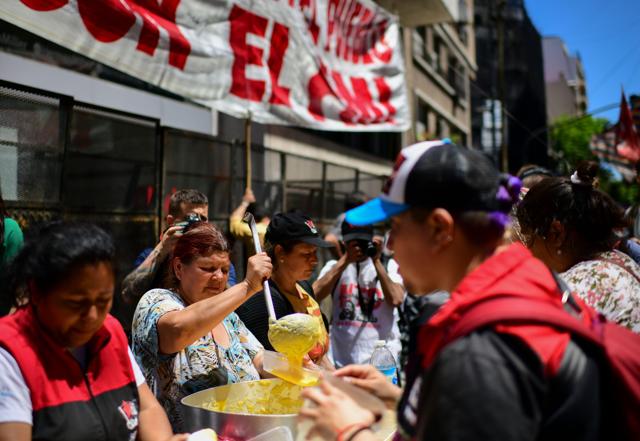Following the global financial crisis of 2007-08, the International Monetary Fund (IMF) went through a period of self-examination. The old joke that its acronym stood for "It's Mostly Fiscal" bothered some of its leaders, who believed the organization needed to focus less on austerity and more thoroughly consider issues such as inequality, poverty reduction, and gender equality when making loans and other key decisions. There was talk of a "new IMF" that had learned from its old mistakes.
Recent events in Argentina and Ecuador have raised the question of whether this talk of change was just that - talk. Both countries agreed to IMF packages in the past 13 months, and Argentina's was the biggest in the organization's history at $57 billion. But Ecuador saw civil unrest that forced one of the package's key conditions, an end to fuel subsidies, rolled back. Argentina collapsed into a currency and debt crisis that cost President Mauricio Macri his bid for re-election. So many are now asking: Did the IMF fall short in its attempt at evolution? Did it fail to learn the right lessons from the past?
To begin answering these questions, one must acknowledge two inevitable challenges faced by the IMF in all country-rescuing operations, including the recent experiences in Argentina and Ecuador. First, there is always a difficulty with attribution of responsibilities. After all, it's governments that implement policy packages, even if these are negotiated with the IMF, and there always remains some degree of discretion for governments in implementation. It is usually hard to distinguish whether programs fail because of design flaws or implementation choices. At the same time, the IMF makes for an easy scapegoat for decisions that would have to be made under any circumstances - and for the fallout when things go wrong.
Second, when the IMF
